 Not long ago one of my local friends asked if my critique partners lived in town. “No,” I said, “they’re all out of rifle range.”
Not long ago one of my local friends asked if my critique partners lived in town. “No,” I said, “they’re all out of rifle range.”
Folks who read my Facebook page know the exact day that little exchange happened because I posted it on my wall.
What brings it to mind now is going through the critiques on The Simulacrum. And feeling the sting.
“C’mon! Can’t one line get by without an editor’s mark?”
“You’re kiddin’ me, right? You can’t mean that!”
“Whaddya mean, ‘not clear’? A ten-year-old could understand!”
“I liked that line!” (this last is usually spoken with a whine).
Yes. One of my critters lives in Nebraska, the other in New York. Well out of rifle range. Wise move on my part. I’d look awful in prison orange.
But they’re right. They usually are.
Just as I advise on this blog, slam cabinets if you must, but address your critiques with an open mind. I generally take my own advice where that’s concerned. After I calm down.
I have the best critters in the business, so I know I’m getting quality suggestions from them. Still, it stings to see that I make the same mistakes I catch my clients making. Elementary mistakes–telling instead of showing, not grounding my readers in the setting, skimming over reactions to vital stimuli. Like, “hey, she just found out her uncle’s dead. Doncha think she’d show a little emotion here?”
Hanging my head in shame, shame, shame. Goes to show ya: an author is notoriously blind to her own work. There is very little they marked that I wouldn’t have marked on someone else’s manuscript. Over the years, I’ve shown massive improvement in my work, and some things come naturally and easily. Some things I still need to work on. Same could be said for virtually every writer whose work I’ve read, published or otherwise.
That’s why we keep at it. Why we study and practice. As we write, and keep writing, some techniques become second nature. It’s also why we need critique partners and/or editors. Because some techniques we still need to practice–only we’re blind to them and to our mistakes.
Even editors need editors. And even editors feel the sting when critiqued.

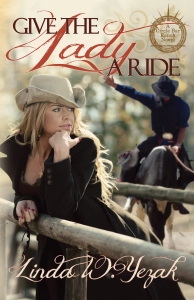




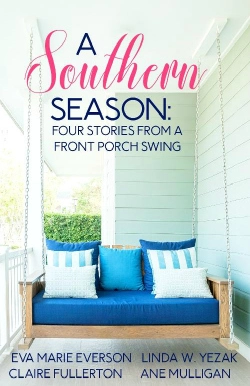
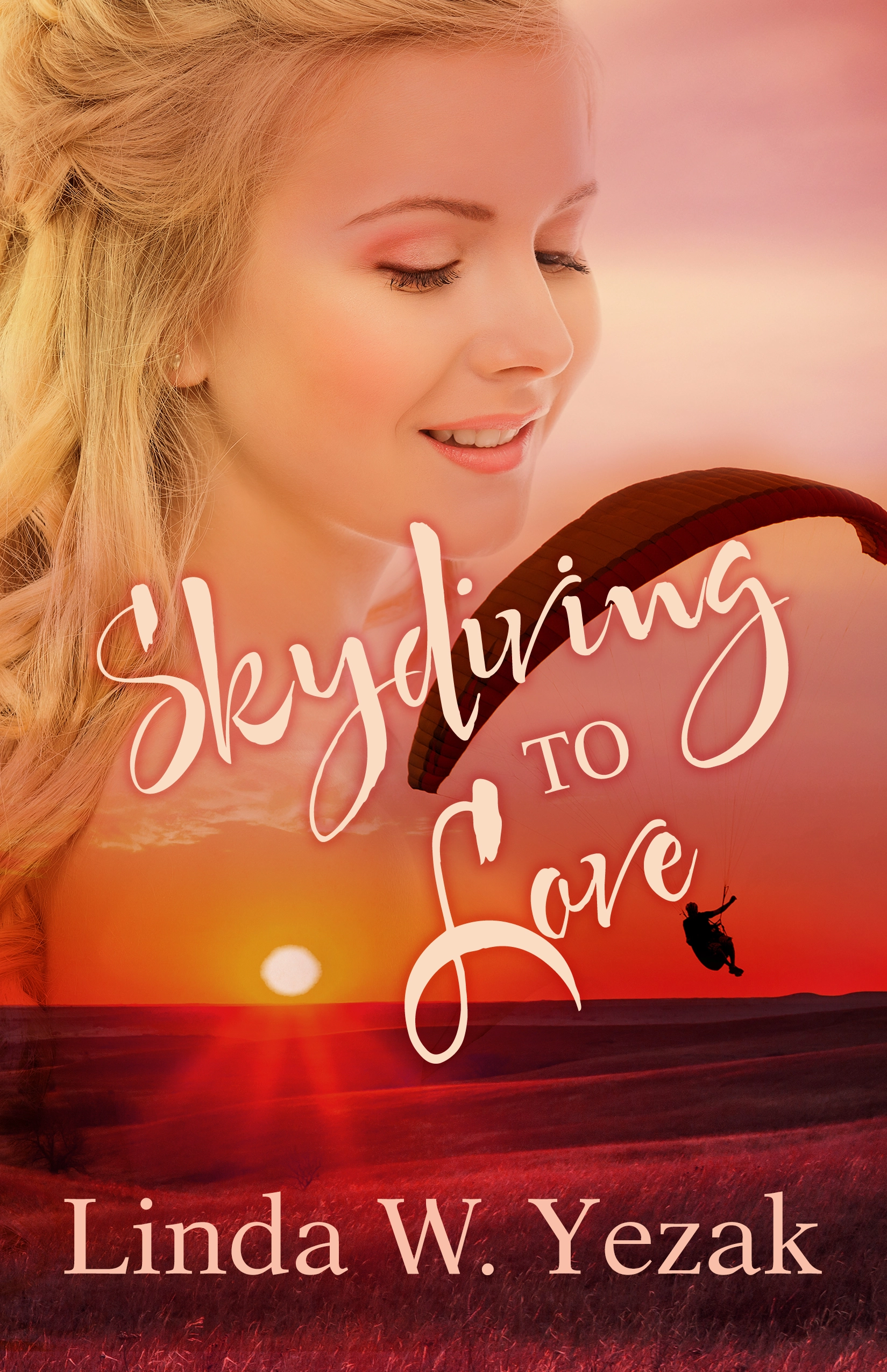
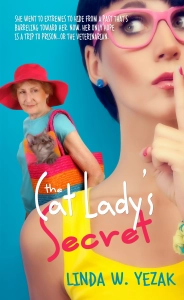






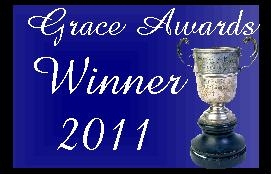


I love the term “out of rifle range.” I giggled and nodded. However, I tend toward self criticism, and have been known to throw out an entire novel as trash. I tossed away 50,000 words from my current work, basically the entire book at that time -and it was the best thing I could have done. The phoenix that arose from those ashes is the best work I have done so far, and will be the first to see publication. The critiques on this version were small issues of clarification, some typos (I can’t believe how fast those puppies proliferate ,along with missing words and those sneaky, invisible-to-me pet words that find their way onto almost every page. Thank you crit partners!. Don’t you love Word’s find an replace feature? In the end, I love Stephen King’s philosophy: If two critiques have different opinions, then it’s a wash and the author wins. If two have the same opinion, it would be in the author’s best interest to listen. Loved this, Linda.
LikeLike
I didn’t do the self-edit as well as I should have this time. I’m embarrassed because of what they found in my work. Such elementary mistakes! Yikes!
I don’t know what I’d do without my critters. I want my work to be the best it can be, and I couldn’t achieve that without them!
LikeLike
In my opinion the vast amount of readers out there just want a great story to read. They’re not really interested if a comma is out of place, or if there’s a run-on sentence or two. Honest critique partners GREAT. If I get any criticism from one, I don’t take it as criticism, I take it as a form of guidance/support from one author to another. When you read reviews for any book on Amazon, etc., you get a mixture of everything; and it’s quite easy to tell what aspect [and some times there’s only one] has been written by what type of person: reviewer/critique, editor, or the person most authors are interested in, their readers which comprise their real audience..
LikeLike
You’re absolutely right–readers want a great story. And a great story that is well written is a bonus. It adds to the reading pleasure. Fortunately, there is more to critiques than determining comma placement. Anything restricted to punctuation, grammar, and typos is more a proofread than a critique.
LikeLike
Grin, chuckle, guffaw! One of my critters is in Spain.
I’m in three online critique groups. In person groups leave me feeling unfocused. And, let’s face it, if I’m thinking “no! I can’t!” while someone is verbally telling me something, I’ll never hear their (usually valid) reasoning behind the crit.
LikeLike
Spain! You need an intercontinental ballistic missile to take your critter out! Giggle!!!
LikeLike
Thank you for sharing that. So often in the past, I viewed multiple penpricks as evidence my writing still wasn’t ready, especially since (as you mentioned) I agreed with so many of the suggestions. Someone keeps telling me to STOP BEING SO HARD ON YOURSELF! I think it’s time I take that advice!
LikeLike
Giggle! I know who that someone is! And it’s true, you *are* too hard on yourself. 😉
LikeLike
She is relentless, is she not? And a good example of pressing on despite the circumstances.
Pressing on despite mistakes and missteps that I take way too seriously is a lesson God has been teaching me this week. Believe me, I’m ready and willing to lay down that mantle. The reminder that all writers go through this helps. Thanks again for sharing!
LikeLike
Hugs to you, Lady!
LikeLike
One of my favorite books on how editing can change good writing into great writing, is “The Artful Edit” by Susan Bell. In it, she shows what Max Perkin’s did for F. Scott Fitzgerald’s “The Great Gatsby.” Amazing. A great editor is worth more than a pile of rubies. (That should be in the Bible. 😉 )
Go through and read some of F. Scott’s paragraphs before the edits. You won’t feel so bad about your writing. You’ll be more apt to say, “I can write better than this. I just need a Max Perkins!”
LikeLike
Oh, thanks for the tip, Lisa! I’ll add that one to my wish list!
LikeLike
Hah! I *am* glad I’m out of shotgun range. 😉 Critiques are never fun, and we all make the same dumb mistakes that we’re blind to in our work and hyper-aware of in others’. So don’t feel alone!
LikeLike
I think part of the problem for writers is when we are conceiving and writing a story we use a part of our brain that has to take chances. Imagining is a very creative process. Editing is where we corral those ideas and turn them into beautiful performing word ponies.
LikeLike
Lisa, Love the “word ponies” image!
LikeLike
I’m definitely glad I’m not alone in this–something evident whenever I hear back from one of my clients: “I can’t believe I didn’t catch that!”
Admittedly, that’s what I was saying as I looked through your critique. “I can’t believe I didn’t catch that!!!”–and that, and that . . . 😀
LikeLike
Wow, I’ve been there in my critique group, Linda. Why so much red on my baby!?! I thought it was beautiful, and you’ve gone and murdered it! LOL
Blessings,
Danie
LikeLike
Heehee! I know what you mean!
LikeLike